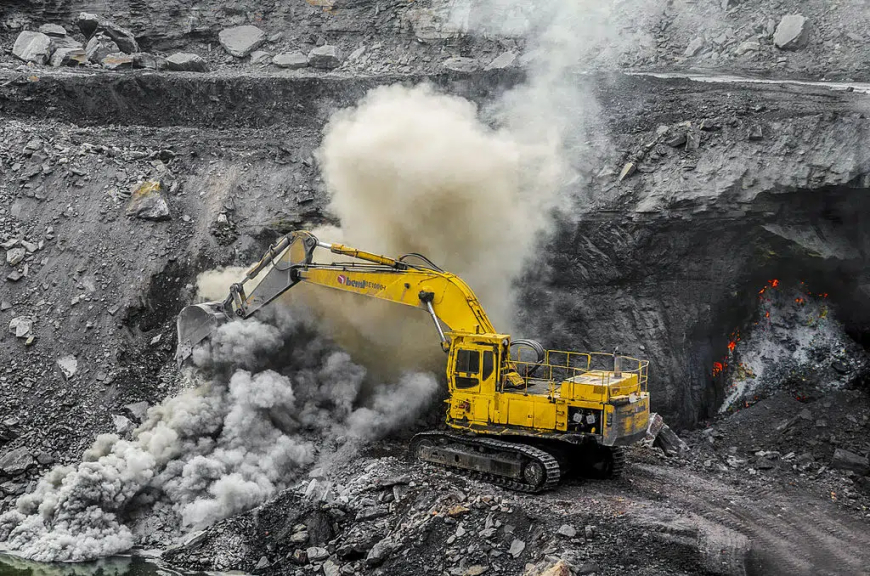Further PetroSA scandals erupt as new state oil company sets ambitious agenda.
Further PetroSA scandals erupt as new state oil company sets ambitious agenda.

Just as the Central Energy Fund (CEF) launched the South African National Petroleum Company (SANPC), with lofty ambitions to revitalise the oil, gas and liquid fuels sector, further scandals have erupted at PetroSA – one of its key subsidiaries – raising alarm over governance, competence, and transparency.
Part 1 and Part 2 of amaBhungane’s investigative report entitled “Dirty Fuels” published this past week have exposed PetroSA’s involvement in a string of questionable diesel and petrol trading deals. These include a contaminated fuel import that could cost the taxpayer billions of rands, and opaque transactions with little to no internal oversight. Insiders have described the state oil company’s trading arm as a “shambolic empire” riddled with irregularities, poor risk management and political interference.
These revelations cast a dark cloud over the credibility of the new SANPC, which is consolidating PetroSA, iGas and the Strategic Fuel Fund under one banner. The company is meant to spearhead South Africa’s fuel security strategy – reviving local refining, expanding storage, and securing international crude and LNG supply lines. Last week, SANPC’s holding company, CEF, presented an ambitious gas and liquid fuels roadmap to Parliament.
Plans include sourcing imported liquified natural gas (LNG) for South Africa, anchored by ambitions for 7000 MW of gas-to-power, and bolstering infrastructure to mitigate the looming gas supply cliff for industrial users as Sasol’s Pande-Temane gas fields in southern Mozambique decline from 2026.
However, the scandals now engulfing PetroSA have raised urgent questions about SANPC’s ability to act as a credible custodian of national energy security. While CEF insists that strong governance and accountability mechanisms will be embedded in the new structure, critics warn that consolidation without reform could simply centralise dysfunction.
Unless swift corrective action is taken, the state’s energy oil, gas and liquid fuels ambitions risk being derailed by the very institutions tasked with delivering them.
Source:
EE Business Intelligence

 Francis
Francis 





